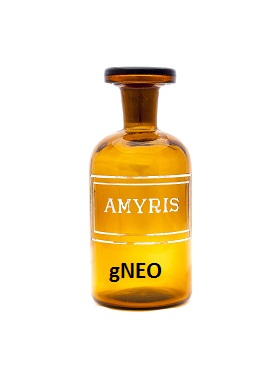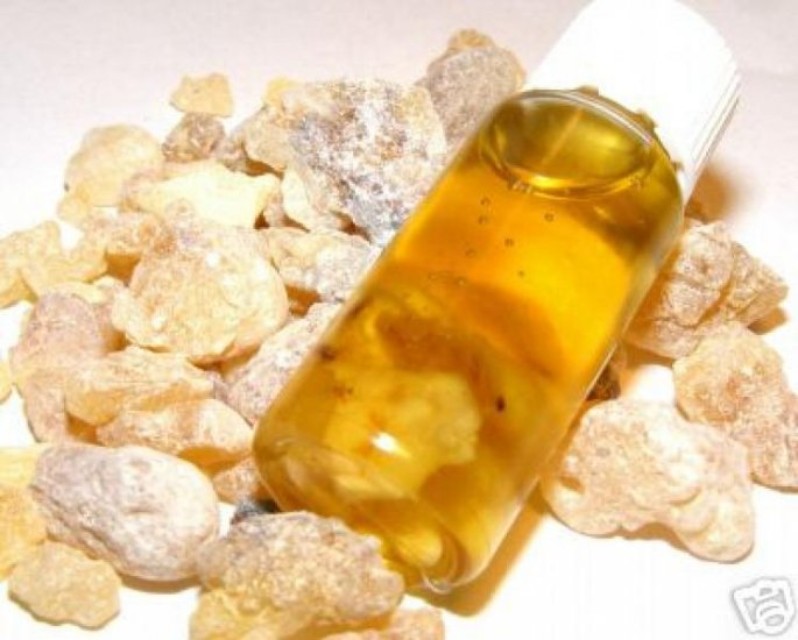Description: Pimento is better known as Allspice in some countries. The reason behind the name Allspice is that its aroma can be described as a mixture of the scents of clove, cinnamon, cardamom, pepper and a few other spices. The Pimento Leaf essential oil is extracted by steam distillation of its leaves and fruits. The oil acts as anesthetic and can suppress certain types of pain, including those of neuralgia, bone and muscular injuries. It is also known to prevent bacterial infection, relieve flatulence, reduce stress and stimulate blood circulation.
Botanical name : Pimenta dioica l. merrill
Plant Part: Leaves and fruits
Extraction Method: Steam distillation
Odor and Appearance : Yellowish brown in color and has a smell similar to cloves
Country of origin : Jamaica
Main Constituents: Pimento essential oil, also known as allspice essential oil, is derived from the dried berries of the Pimenta dioica plant. The oil has a warm, spicy, and aromatic scent reminiscent of a blend of various spices, including cinnamon, cloves, and nutmeg. The main chemical constituents present in pimento essential oil include:
Eugenol: This is the primary constituent in pimento essential oil and is responsible for its warm and spicy aroma. Eugenol is also found in high amounts in clove oil and contributes to its characteristic scent.
Methyl eugenol: Another compound related to eugenol, methyl eugenol adds to the overall aromatic profile of the oil.
β-Caryophyllene: This compound contributes to the spiciness of pimento oil and is found in other essential oils like black pepper and clove.
Linalool: Linalool is a common terpene found in many essential oils, including pimento oil. It has a floral and slightly spicy scent.
Myrcene: Myrcene is a terpene that is often found in high concentrations in various essential oils. It has a mild, herbal aroma.
α-Pinene and β-Pinene: These are terpenes that contribute to the woody and pine-like notes in pimento essential oil.
Phellandrene: Phellandrene is a terpene that adds a slightly citrusy and peppery aroma to the oil.
Common Uses: Pimento essential oil, also known as allspice essential oil, is derived from the berries of the Pimenta dioica plant. It has a warm and spicy aroma reminiscent of a blend of various spices. While pimento essential oil is not as commonly used as some other essential oils, it does have potential benefits and uses:
Aromatherapy: The warm and spicy scent of pimento essential oil can be used in aromatherapy to create a cozy and comforting atmosphere. It can help uplift mood and provide a sense of relaxation.
Massage and Topical Use: When properly diluted with a carrier oil, pimento essential oil can be used in massage blends to help alleviate muscular aches and pains. The warming and soothing properties of the oil may provide relief.
Digestive Support: Pimento essential oil’s aroma may have a positive effect on digestion and can be used in massage blends on the abdomen when diluted with a carrier oil. However, its use for digestive support should be done cautiously and under the guidance of a qualified aromatherapist.
Warm and Spicy Blends: Pimento essential oil’s unique scent can be used to add a warm and spicy note to custom perfume or cologne blends.
Potpourri and Home Fragrance: Pimento essential oil can be added to potpourri blends or used in diffusers to create a comforting and aromatic ambiance in your home.
Natural Cleaning Products: Pimento essential oil’s antimicrobial properties may make it a suitable addition to natural cleaning products to help disinfect surfaces and add a pleasant scent.
Flavoring: Pimento essential oil is sometimes used in very small amounts as a natural flavoring agent in culinary applications. It imparts a warm and spicy flavor reminiscent of traditional spice blends.
Note: Middle note
Contraindications: It is considered safe to use. Just like many other essential oils, it is wise to use this oil after dilution with a carrier oil, as it can be sensitive and irritating to the skin. Before you use this oil on your skin, it is advisable that you conduct a patch test before making it a routine.
Do not use internally, unless directed by a physician. For pregnant women and nursing mothers, it is safe to consult first with your physician before using oil. Do not use on broken skin or on abrasions.
*These statements have not been evaluated by the Food and Drug Administration. This product is not intended to diagnose, treat, cure, or prevent any disease.*
For large quantities please contact us via our phone number or through the Contact Us page.
Like us on Facebook.








Reviews
There are no reviews yet